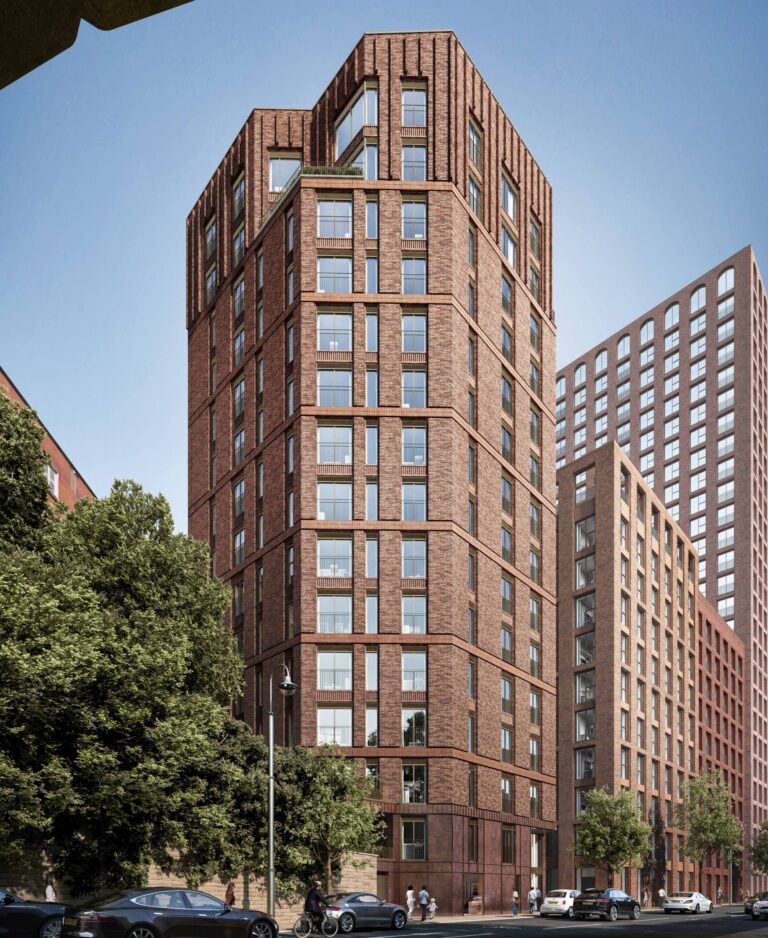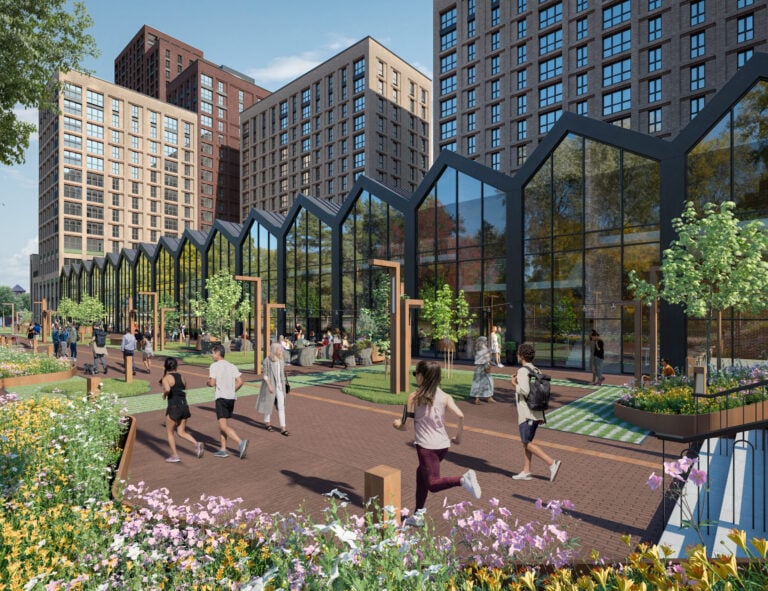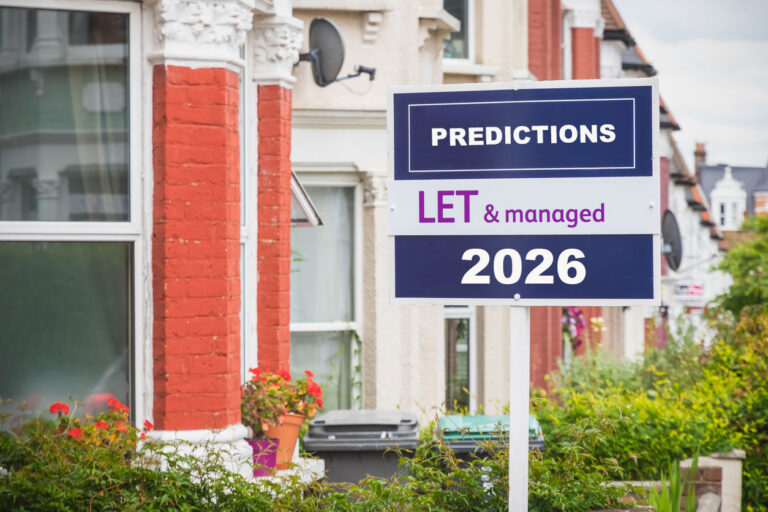The government’s end-goal is to abolish the leasehold system in favour of commonhold ownership, but enacting the legislation could take longer than expected.
The Leasehold and Freehold Reform Bill was introduced to Parliament back in 2023, promising a fairer deal for owners of homes where the freehold is held by someone else.
The current ownership system mainly applies to flats, although the topic came to the fore during the ‘ground rent scandal’ around 2017 that saw leasehold buyers of mainly new-build houses being charged unfairly high and increasing ground rents by the freehold owners.
This was effectively ended when the Leasehold Reform (Ground Rent) Act 2022 came into effect, which mandates that ground rents on new leases and extensions be set at a “peppercorn” rate, which is effectively zero.
Under the proposed new legislation, leaseholders would be given more rights to extend their lease, buy their freehold, and take over management of their building. Commonhold tenure would also become commonplace, which would enable a freehold-style ownership of flats.
The latest progress on leasehold reform
The Leasehold and Freehold Reform Act (LFRA) 2024 received Royal Assent on 24 May 2024. The remaining parliamentary stages of the bill were fast-tracked in the wash-up period before the 2024 general election.
In March this year, the government also published the Commonhold White Paper, which will ultimately set out to ban new flats owned through a lease, giving property owners a stake in ownership of their building and given them more control over their home.
However, many of the reforms that have been set out remain largely unenforced.
This week, the topic was debated in the House of Commons, with government minister Alex Norris confirming that the public consultation required to implement some key parts of the LFRA, including reforms to lease extension and freehold purchase pricing, was still pending.
Further primary legislation was also now needed, he added, in order to “correct the deficiencies” in the existing Act.
When will it take effect?
At this stage, it remains unclear when the new rules will take effect. It is an extremely complex process that has been rumoured could cost the government as much as £4bn to implement.
While the government continues to declare its commitment to reforming the “outdated” system, final enactment could still be a long way off.
At the moment, owning a flat on a leasehold basis remains the most common form of tenure. For new flats, the effective removal of ground rent on new leases which had proved problematic in the past has resolved much of the concern around this form of ownership.
While it is possible for all the owners in a block of flats to club together and convert their ownership to commonhold, it isn’t common, and could potentially be costly. More often, flat owners decide to take over the freehold, but again this can be an expensive process.
Particularly for those looking to invest in new-build flats, which tend to come with long leases of 999 years and have zero ground rent, there may be little financial benefit to converting the property to commonhold at this stage.
Discussing how the upcoming changes could impact existing leasehold flats, solicitor Frank Smith said: “Our advice to leaseholders is to stay informed, engage with legal professionals where necessary, and be prepared for potential transitional complexities.”
A decade in the making
Commenting on this week’s update on the legislation’s progress, Linz Darlington, founder of leasehold extension specialists Homehold, said: “We’ve known since November 2024 that a consultation would be needed to move forward. Instead of launching it promptly, the government deferred and seven months later, we’re still waiting.
“Now, rather than focusing on implementing what’s already been passed, the Minister is talking about using this as an opportunity to transition to commonhold. While that’s a long-term goal many support, it’s years away from being viable. In the meantime, existing leaseholders continue to suffer unnecessary costs and delays. Some have already been waiting nearly a decade for reform.”










